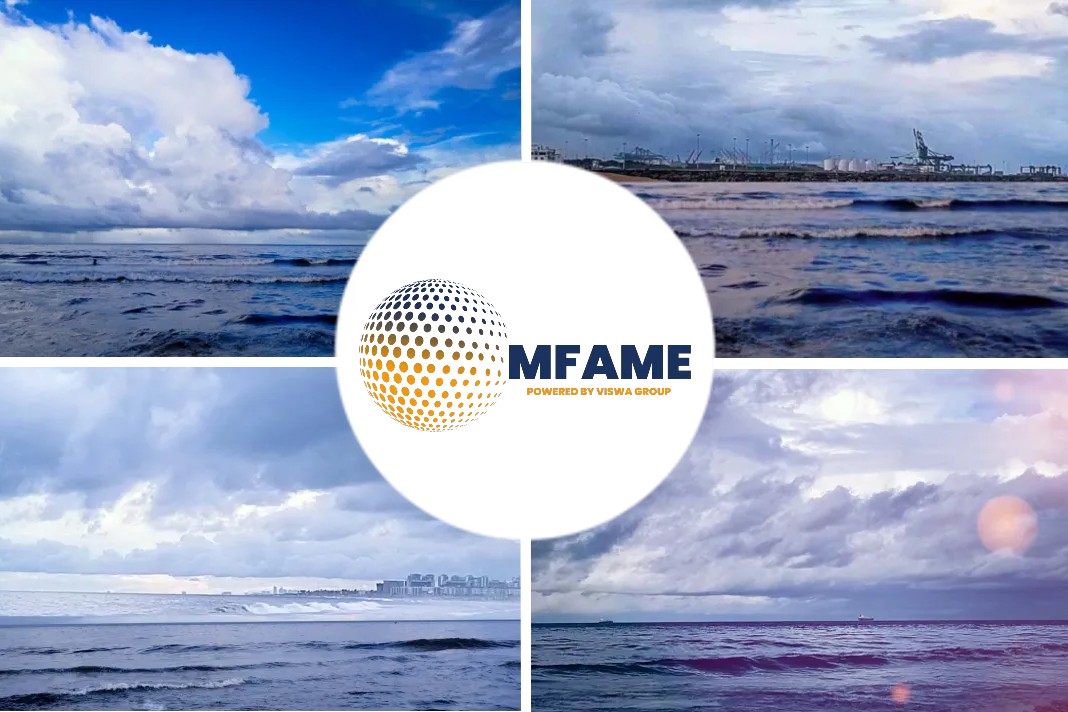
China urges developing countries to oppose ‘unrealistic’ freight tax, highlights a Smaart Company news source.
Oppose a tax on shipping emissions
China has urged poor countries to oppose a tax on shipping emissions and stronger targets for decarbonizing one of the world’s most polluting industries, criticizing rich countries for setting “unrealistic” targets with “significant” financial costs.
Beijing distributed a “diplomatic note” to developing countries as they prepared for a crucial meeting at the United Nations’ International Maritime Organization in July, according to four people who attended IMO discussions. The lobbying effort comes days after France rallied 22 allies behind a freight emissions tax.
China has warned that “an over-ambitious emissions-reduction target will seriously impede the sustainable development of international shipping, greatly increase supply chain costs and adversely impede the recovery of the global economy,” according to a document seen by the Financial Times.
She added: “Developed countries are pushing the International Maritime Organization to reach unrealistic visions and levels of ambition. [They are advocating] apartment [levy that] It will lead to a significant increase in shipping costs.” Rich countries have not agreed on an emissions tax rate.
Efforts by China, the world’s largest exporter that also has a large state-owned shipping industry, has deepened concerns about the lack of progress in decarbonizing a fuel-intensive sector that supplies up to 90 percent of goods traded globally, according to the WTO. Economic cooperation and development.
By the end of next week, the International Maritime Organization has committed to bolstering its ambition, long criticized as feeble by environmental activists, to halve annual shipping emissions from 2008 levels by 2050. But participants in talks at the IMO this week said China has helped In rallying countries into closed negotiations that have become deeply divided between developed and developing member states.
Brazil, Argentina and South Africa
Brazil, Argentina and South Africa have also opposed a tax on shipping companies’ emissions, which they fear would make exports more expensive for large commodity markets, according to two people close to the discussions.
Poor countries are not united in opposition. The Marshall Islands, which are particularly vulnerable to sea level rise as a result of climate change, has called for an emissions tax of $100 per tonne. Albon Ishoda, the country’s ambassador to the International Maritime Organization, has expressed concerns that the level of “polarization is becoming unhelpful,” with some in the discussions not living up to their national commitments on decarbonization.
Ironically, he added, some developing countries had complained that a tax on freight emissions would increase their financial burden while at the same time calling for any money generated by the measure not to be invested outside the freight industry.
According to the memo, seen by the Financial Times, China called for any revenue generated by IMO regulations to be invested “into the sector,” arguing that wider use of those funds would transfer “responsibility for financing climate change from developed countries to . . . international shipping.”
It opposed setting 2050 as the last year to achieve net zero emissions, instead supporting a broader goal of “net zero greenhouse gas emissions from international shipping around the middle of the century”. She said the freight emissions tax was a “disguised way by developed countries to improve their market competitiveness”.
China’s net carbon dioxide emissions
President Xi Jinping has promised to reduce China’s net carbon dioxide emissions to near zero by 2060. The State Council Information Office in Beijing did not respond to emailed questions on Saturday.
The diplomatic note mirrors comments by Prime Minister Li Qiang, who argued at a World Economic Forum event last week: “It is not fair for developing countries to abide by the standards of developed countries. Developed countries should shoulder more responsibilities in facing the climate challenge.”
At a summit in Paris the same week, France and other rich nations called on the International Maritime Organization to set targets that would align shipping with international ambitions to limit global warming to 1.5C above pre-industrial levels. The EU is already planning to impose a financial cost on shipping pollution by bringing the sector into an emissions trading scheme.
China’s warnings about the effects of such measures were met with a response last week by the World Bank, a lender to developing countries. He argued in a blog that allowing wider use of any emissions tax revenues would support poor countries that have little opportunity to invest directly in shipping.
Did you subscribe to our newsletter?
It’s free! Click here to subscribe!
Source: Smaart Company





















